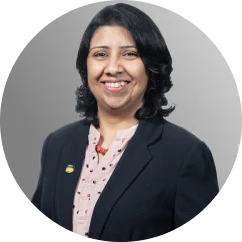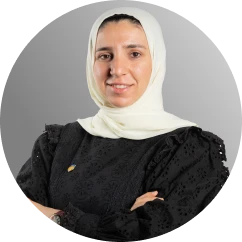
We live in an era of digital disruption, driven by growing demand for access to, management of, and transformation of information. This is facilitated by cutting-edge innovations, the democratisation of technology, and digitisation. As a result, technology has become a driving force across all sectors, from artificial intelligence and cloud computing to blockchain and the internet of things. This has made information more accessible and empowering for everyone.
At Amity University Dubai, the Bachelor of Science in Information Technology degree provides students with in-depth knowledge of building information databases, networks, software development & testing, and programming. The degree covers computational, cognitive, and social subjects, including the study of the social impact of information technologies.
A degree in Information Technology opens up opportunities for students to explore various rapidly growing tech industries, such as FinTech, Workplace Technologies, Cybersecurity, Healthcare Technology, Virtual Reality (VR), Cloud Computing, Artificial Intelligence, and Machine Learning. Apart from the tech industry, non-tech industries such as education, manufacturing, telecommunications, retail, transportation, and entertainment are also impacted by digital disruption.
If you have a strong aptitude for maths, computer science, and computer programming, combined with critical thinking skills and a keen interest in artificial intelligence, then a degree in information technology is the right choice for you. This degree will provide you with opportunities to explore cutting-edge technologies and software development methodologies while staying at the forefront of emerging trends in the field.
- Analyse a complex computing problem and to apply principles of computing and other relevant disciplines to identify solutions.
- Design, implement, and evaluate a computing-based solution to meet a given set of computing requirements in the context of the programme’s discipline.
- Communicate effectively in a variety of professional contexts.
- Recognise professional responsibilities and make informed judgments in computing practice based on legal and ethical principles.
- Function effectively as a member or leader of a team engaged in activities appropriate to the programme’s discipline.
- Develop systemic approaches to select, develop, apply, integrate, and administer secure computing technologies to accomplish user goals.
- Acquire and apply new knowledge as needed, using appropriate learning strategies.
50%scholarships available
























